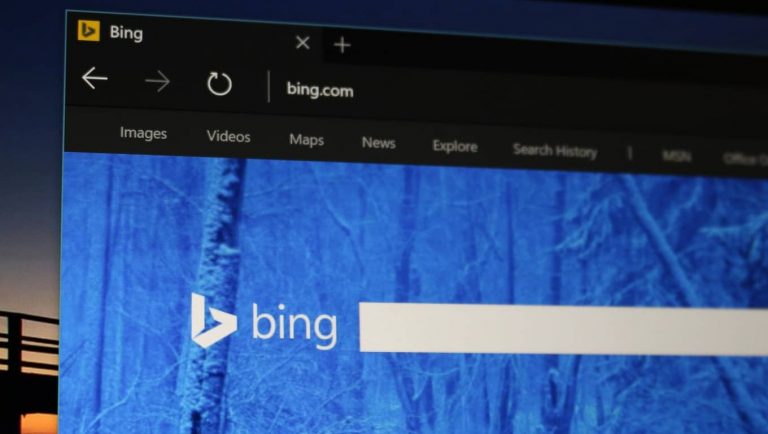As Microsoft’s own search engine, Bing, continues to gain market share over Google, the company is constantly working on ways to improve the accuracy of its results, while requiring the user to do less to find the results they need. Often when searching, an amount of time will be spent trying to find the perfect way to word the search term, in order to bring back the results expected, or even trying out multiple different terms, until it is narrowed down to the expected results. This is time-consuming and doesn’t provide for a good user experience.
Fortunately, Microsoft is well-aware of this. With Bing’s new “intelligent Autocomplete” users can search more broadly and Bing will be able to use the information it has based on other user queries, own queries and its semantic graphing technology, in order to generate expected user results – even if the search term is quite broad and doesn’t include certain keywords that are usually used to locate the correct results.
In a post on the Bing Blog, the Bing team explains how this new functionality works, using academic and movie titles as an example.

Looking at the above image, the search term being entered is “papers about machine learning by andr”, Bing is able to intelligently work out the expected queries and suggest them as autocompletion options. What’s even better, however, is that when the search results are displayed, it won’t look for those specific terms on the websites it returns, instead, it will break apart the original term entered to find the most accurate websites:

As shown above, an autocomplete suggestion is used to complete the search term. The difference here, however, is that the results don’t include that exact term. Instead, Bing picks apart the relevant bits of the term and uses machine intelligence to find results that the user would like to see, rather than what the website owner would like the user to see by throwing keywords on the page. This leads to expected, accurate results, allowing the user to find what they want, faster.
Have you noticed Bing offering more intelligent results? Let us know what you’ve found in the comments below!


